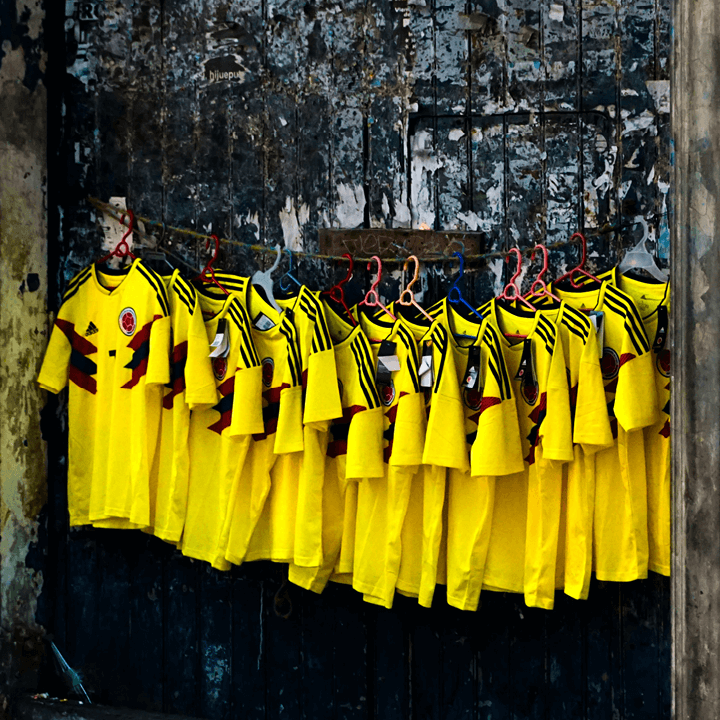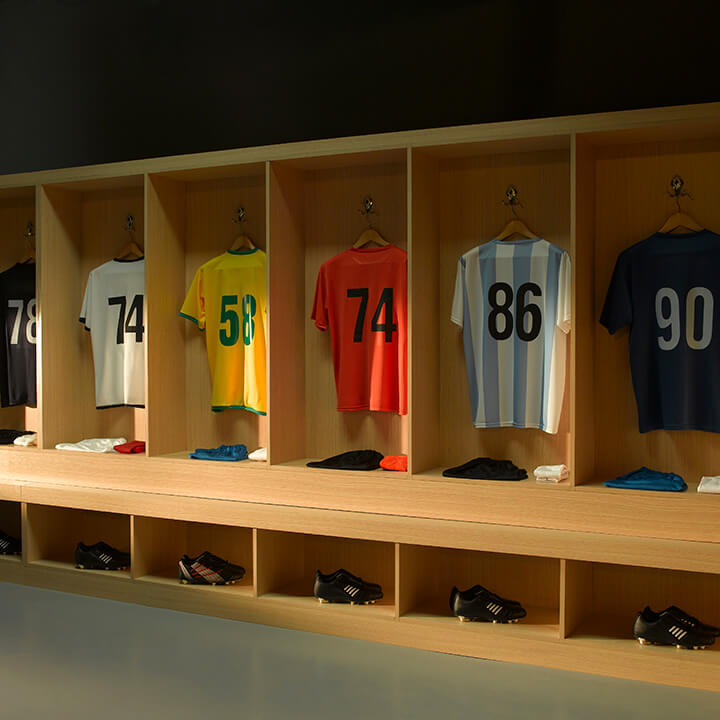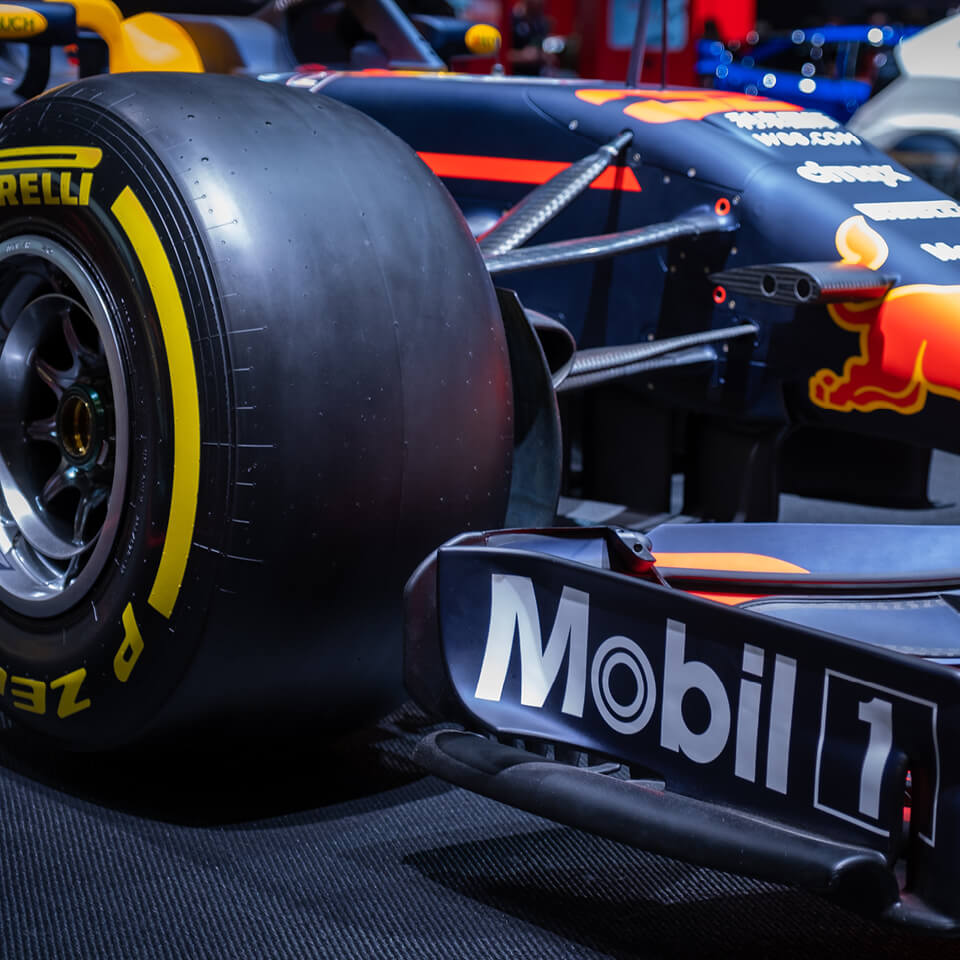Sponsorship agreements and reputational risk: Have you vetted your sponsor?
8th November 2022
Walker Morris’ specialist Sports lawyers Luke Jackson, India Seaton and Christian Slinger discuss the potential dangers and pitfalls of entering into sponsorship agreements with partners in high risk industries following the recent controversy surrounding Barnsley Football Club’s partnership with cryptocurrency site HEX.com.

The recent example of Barnsley Football Club’s sponsorship agreement
Barnsley Football Club recently ended their new front of shirt sponsorship agreement with cryptocurrency site HEX.com, just one week and two games after the League One club announced the deal. The end of the agreement came off the back of an investigation into discriminatory and abusive social media posts, which included a series of vicious and homophobic tweets, believed to have come from individuals who claim to have brokered the deal.
Following the club’s investigations into the controversial posts, it released a statement on social media stating that the club “value our fans and our core beliefs above everything else. Following recent events and a subsequent investigation, the club has assessed its relationship with its front of shirt sponsor and has taken steps to end that relationship with immediate effect. The HEX.com logo will not appear on the team’s kits going forward.”
The club’s current situation highlights how important it is to consider the reputational risks associated with a brand before entering into a partnership with them. As an additional layer of protection, ensuring that these risks are adequately addressed in the drafting of a sponsorship agreement can also be a key tool in mitigating them.
Why is this of interest to other football clubs in the UK?
Clubs regularly act as ambassadors and endorsers of various brands. Such arrangements are a vital source of revenue in the sports sector and this is unlikely to change any time soon.
One of the downsides of such arrangements is that their very existence results in a club relinquishing a certain degree of control over its reputation. This is because each of these brands operates independently to the party they are sponsoring and, therefore, falls outside of a club’s direct control. A club can resolve internal issues by disciplining and/or ultimately removing a problematic employee, but they will need to rely on the contractual protections in place with the offending brand in order to resolve such issues and avoid public embarrassment.
The issues encountered by Barnsley Football Club highlight a key aspect clubs must consider before entering into any commercial sponsorship agreement/deal. A partnership with a brand that is found to have been behaving unethically or illegally can be damaging simply by association.
Warren Buffet famously stated that “a reputation takes years to build but can be ruined in five minutes”.
Following the advent of social media, the period is more like five seconds in today’s world.
Another example
In 2016, Liverpool fans were left outraged after a new club sponsor, UK-based watch brand Holler FC, mocked the club just hours after the deal was made public. Following a statement made by Holler FC, which confirmed that they were “The official timing partner of Liverpool football club“, they seemingly could not resist aiming a dig at the club, who were without a league title since 1990 at the time. The controversial tweet read “When Arsenal last won the league Marcus Rashford was 6-years old. When Liverpool last won it his Dad was 10.”
Although the tweet was quickly removed, there was a significant backlash from Liverpool fans, with many calling for the sponsor to be dropped and questioning the club’s decision-making process.
Sponsorship agreements and wider reputational observations
Environmental, social, health and governance matters are becoming increasingly important across the globe and football sponsorship is no exception. Football supporters are paying closer attention to the partnerships their clubs are entering into and this is something clubs will need to take into account in their decision-making.
Some examples of heightened scrutiny when it comes to sports partnership deals are:
- Dietary/Health. McDonalds pulled out of their 41-year long sponsorship of the Olympic Games in 2017. The fast food chain had been accused of exploiting the competition, with one spokesman from activist group Corporate Accountability stating that “burgers, fries and soda have no place at the Olympics”.
- After Rugby Australia’s decision to make natural gas company Santos a major partner in 2021, ex-Wallabies captain David Pocock called fossil fuel advertising in sport “the new cigarette sponsorship… they are advertising a product that we now know is destroying our home planet and our futures”.
- At the start of this season, fan outcry over the naming rights granted to Gilbert and Rose in respect of the West Stand at Southend United’s stadium forced the club to take action to rename the West Stand to avoid the link with the infamous serial killer Rose West.
- Following increasing pressure from the public, the UK government will be publishing a white paper to include a review of whether gambling companies should be banned from having their logos appear on the shirts of sports clubs. Publication of the white paper has been delayed several times, but is expected to be published now that we have a new prime minister.
Sponsorship agreements and reputational risk: What practical advice arises?
Given that companies with potentially “tarnished” reputations are likely willing to pay more to gain affiliation with a club, there may well be a monetary benefit in entering into sponsorship opportunities with them.
However, the above examples highlight the importance of conducting proper due diligence of the partner (including reviews of their social media accounts) and assessing any adverse reputational impact of entering into an agreement in the relevant sector or industry. This will help the club to make an informed decision as to whether the rewards outweigh the risks.
In light of recent events in Ukraine, it’s now even more important that clubs pay particular attention to sanctions rules and regulations when conducting their due diligence.
If a decision has been made to proceed, there are various contractual protections that should be included in the sponsorship agreement to help protect the club from reputational damage. These include:
- Obligations on the partner in relation to its behaviour (including, but not limited to, its activities on social media). This should include obligations to avoid making any statement which is defamatory, derogatory or detrimental to the club, its employees, other clubs, other partners of the club or any of the football authorities. Such obligations may even extend to ensuring key members of staff do not make any such statements;
- Obligations on the partner to avoid taking any action which would adversely affect the good name and/or goodwill of the club and/or bring it into disrepute;
- Obligations on the partner to obtain prior approval before making any publications referring to or relating to the club;
- Obligations on the partner to comply with the club’s (to the extent these exist) anti-bribery, modern slavery, anti-money laundering and financial sanctions policies as well as all relevant regulatory obligations;
- Obligations on the partner to comply with any additional laws relevant to that sector. For example, in the case of gambling companies, an obligation on the partner to comply with all relevant gambling laws and any licences issued by relevant gambling authorities;
- Warranties confirming that the partner is not in breach of any sanctions put in place by either the UK, US or EU;
- Confirmation from the partner that it does not operate in any countries designated as “high-risk” by the UK government or the UN;
- Warranties ensuring that: (i) the source of the partner’s funds come from legitimate sources; (ii) the monies being paid are their own funds; and (iii) such funds are being transferred from a bank account in their own name;
- Warranties and/or commitments in respect of wider reputational and ESG matters such as targets of achieving net-zero; and
- Termination or suspension rights in relation to any reputational damage/behaviour (as well as for breaches of any of the above clauses). Suspension rights are considered further in our earlier briefing.
How we can help
Walker Morris’ specialist Sports lawyers are highly experienced in acting for football clubs and, in particular, have extensive knowledge and expertise in advising Premier League, EFL and National League clubs on sponsorship matters. Ranked in the top tier by leading independent guides to the profession, Walker Morris is one of the few firms in the UK that can offer the complete sports law service.
For any further information, please contact either Luke Jackson, India Seaton or Christian Slinger.






